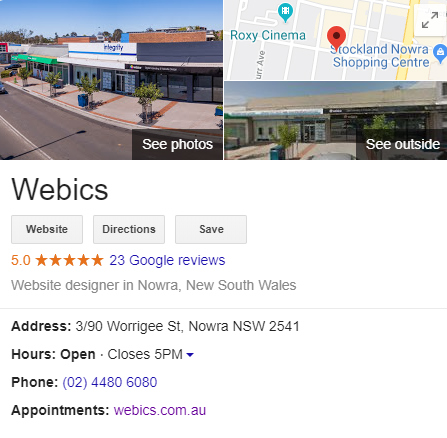Social proof is not a new term. Studies examining the way the way people are influenced by the behaviours and opinions of those around them were first conducted in the 1930s. Robert Cialdini later defined this phenomenon as social proof in his 1984 book, Influence.
In 2019, social proof is widely used in marketing circles to describe how businesses can use social media platforms and review sites to create an aura of authenticity and trustworthiness. In other words, the more external validation a company has, the more a potential customer is likely to engage with them, buy from them or click on one of their ads.
Social Proof Examples
Expert Recommendation – Depending on your industry, the expert could be an instagram influencer or prominent business leader.
Celebrity Recommendation – particularly useful for e-commerce stores, celebrity endorsements are proven to boost sales.
Testimonials – A testimonial from someone who has used your service or bought your product equates to a vote of confidence. Testimonials with images are more convincing. Video testimonials are even better.

Business Credentials – This includes examples of your work, who your customers are (particularly if they are well-known), the number of customers you have and the awards/certifications you or your employees have achieved.
Social Media Likes and Shares – Evidence that people like and share content from your Facebook, Twitter, LinkedIn, and Instagram pages are sometimes enough to persuade potential customers.
Social Proof Statistics
These statistics from Trustpilot highlight why incorporating social proof into a digital marketing strategy is essential.
- 92% of consumers read online reviews.
- 80% of online shoppers place as much trust in reviews as they do in personal recommendations.
- The average consumer will read up to 10 reviews before making a purchase.
- 54% of people will visit a company’s website after reading positive reviews.
However, not all reviews are created equal. For example, a Facebook page with only positive reviews is unlikely to be authentic. All businesses receive negative feedback at some point; it’s how the company responds that matters.
Third-party review sites such as ProductReview.com.au are often more trustworthy as the reviews can’t be edited by the business being reviewed. Many reviews are even ‘verified’ meaning the customer has had to upload some form of proof of purchase or interaction with the business.
Social Proof Tips For Small Business
- Send emails to your customers and ask them to leave you a review on your social media pages (include links) if they have been happy with your service.
- Use a blog to create useful content for your customers that they can share.
- Place testimonials from happy customers on your website.
- Curate user-generated content. Any content produced by a separate company or individual that endorses your business will help create authenticity.
- Engage with social media mentions. This includes negative comments as it indicates you have an active support service.

Concerned about your level of social proof? Talk to Nowra Web Design. We have a dedicated marketing team that can help increase your social proof and build a digital marketing strategy that produces results.

